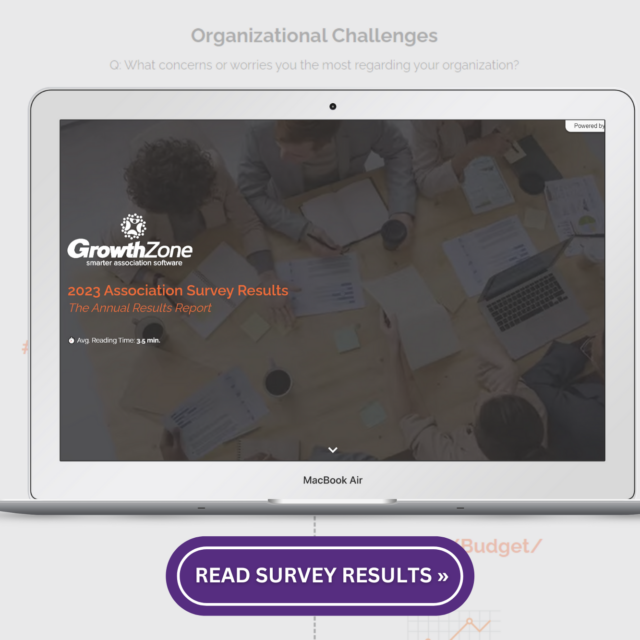
How Do you Engage Your Members? The 2023 Survey Says…
Over 300 association professionals across the U.S. and Canada were surveyed by GrowthZone at the end of 2022. As part […]
Read More
[GUEST BLOG] Why Didn’t You Tell Me? A Better Way to Reach Your Audience
by Frank Kenny Do people in your community ever ask you, “Hey, how come you didn’t tell me about such […]
Read More
Tips for a Successful Association Event
When you spend a lot of time and money preparing for an in-person event for education, fundraising, networking, or membership […]
Read More
Content Ideas for Associations Who Blog
There are simple things to keep in mind that can make all the difference in whether a blog post gains […]
Read More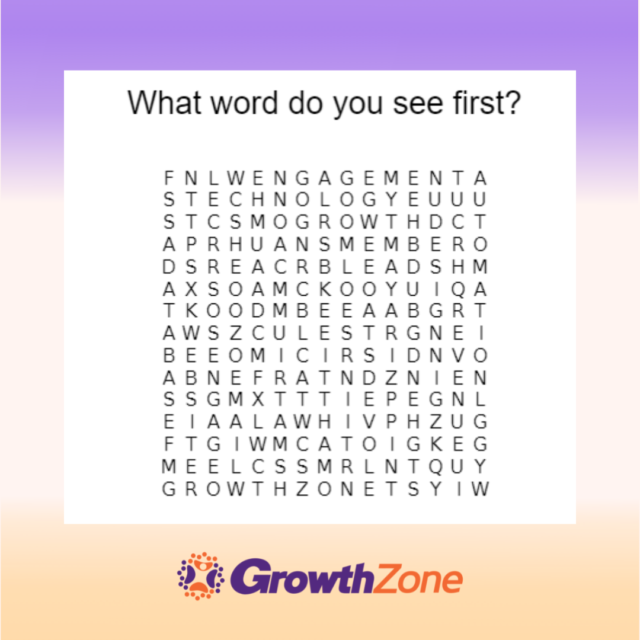
Increase Engagement and Improve Your Social Media Reach
Low social media engagement can negatively impact your algorithm score and lessen your reach to your followers. Take expert Frank Kenny’s advice and add an engagement-getter to your posts.
Read More
Fall Social Media Post Ideas
Keeping your content up to date with the time of year helps drive engagement.
Read More
[GUEST Micro-Vlog] Switch Photo Backgrounds in 10 Seconds
Guest Blog: Stop posting boring pictures on social media. See how to change photo backgrounds in 10 seconds.
Read More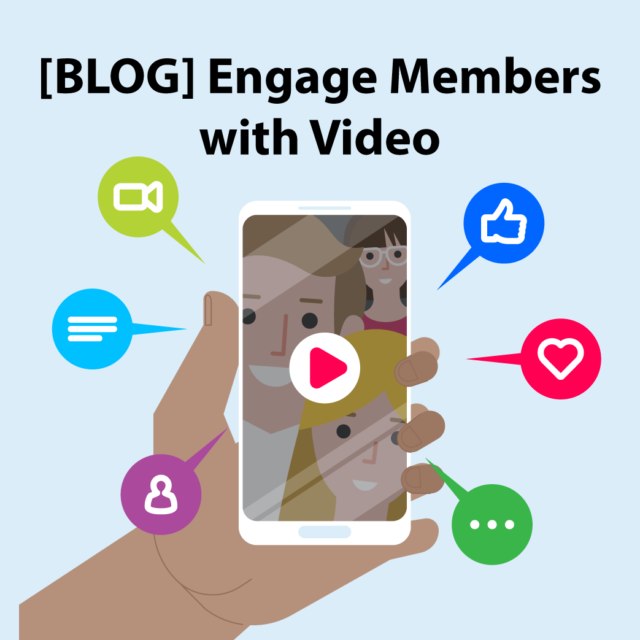
Easy Ways to Use Video to Engage Association Members
Video is an impactful method for associations to get their point across, stay connected with their members, and nudge prospective association members to take immediate action.
Read More
May 2021 Social Media Post Ideas for Associations
This article was originally posted May 1, 2018. It has been updated. Mental Health Awareness Month, Small Business Week, Mother’s […]
Read More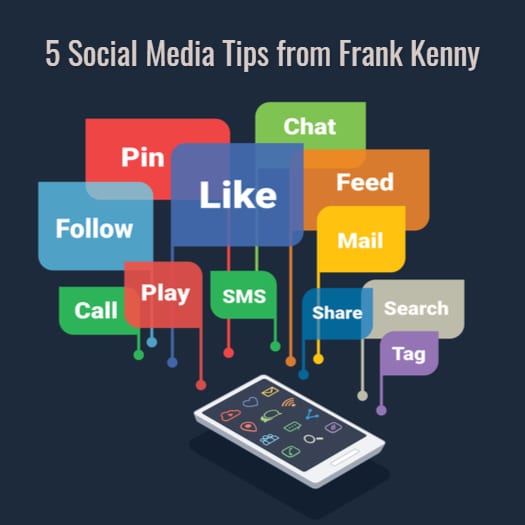
5 Social Media Marketing Tips for Associations
Frank Kenny provides five easy marketing tips any association can implement. Marketing has changed a lot over the past decade. […]
Read More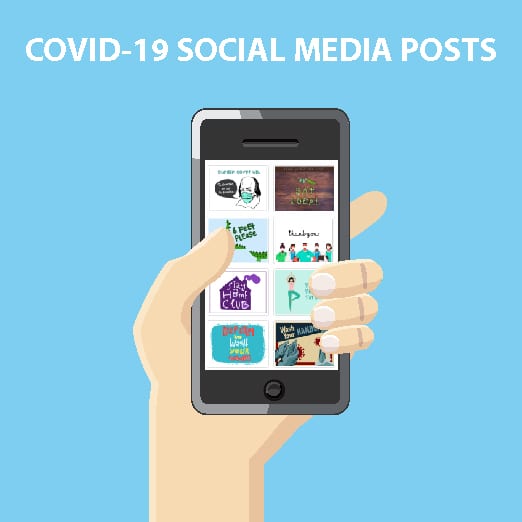
COVID-19 Social Media Posts for Associations
Created to help associations and their members, we’ve provided social media post ideas from the CDC as well as a […]
Read More
The New Instagram Gift Card Sales Program
Businesses can now sell gift cards on Instagram. We’re curious… has your chamber or association found a creative way to […]
Read More